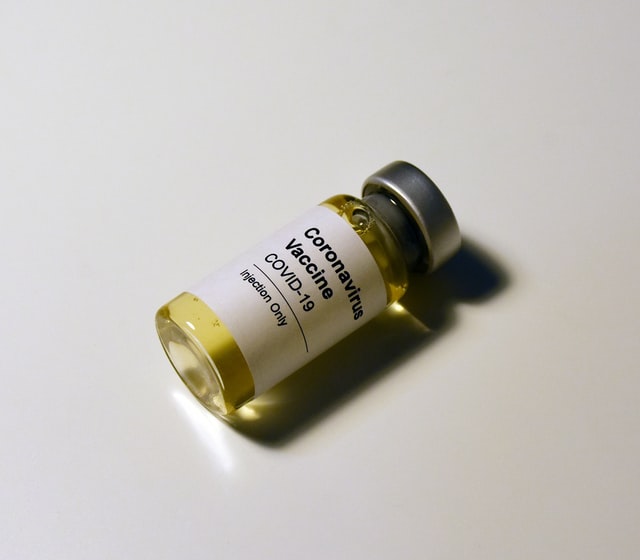Politics and expertise: How to use science in a democratic society
By Zeynep Pamuk,
LSE European Politics and Policy Blog
| 03. 30. 2022
The Covid-19 pandemic has underlined the importance of scientific advice to modern policymaking. But how can the use of expertise in politics be aligned with the needs and values of the public? Drawing on a recent book, Zeynep Pamuk sets out a new model for the relationship between science and democracy.
The Covid-19 pandemic has put scientific advisory bodies under the spotlight as rarely before. The question of how scientific advisers should communicate their guidance in the face of wavering trust in science and scientists has subsequently received much scholarly and public attention over the past two years. But while the focus on scientific advice is certainly important, there is a limit to how far the problems in the relationship between science and politics can be fixed at the advisory stage.
After all, advisers are constrained by the knowledge available to them. Their recommendations depend on earlier decisions about which scientific questions should be pursued and how. To improve the relationship between science and democracy and ensure more effective responses to issues such as pandemics and climate change, we must...
Related Articles
Flag of South Africa; design by Frederick Brownell,
image by WikimediaCommons users.
Public domain, via Wikimedia Commons
What is the legal status of heritable human genome editing (HHGE)? In 2020, a comprehensive policy analysis by Baylis, Darnovsky, Hasson, and Krahn documented that more than 70 countries and an international treaty prohibit it, and that no country explicitly permits it. Policies in some countries were non-existent, ambiguous, or subject to possible amendment, but the general rule remained, even after one...
By Tamsin Metelerkamp, Daily Maverick | 11.18.2024
The National Health Research Ethics Council (NHREC) has confirmed that heritable human genome editing (HHGE) remains illegal in South Africa, after changes in the latest version of the South African Ethics in Health Research Guidelines sparked concern among researchers that...
By World Health Organization, World Health Organization | 11.20.2024
By Colette Shade, The New Republic | 11.14.2024
Photo "Elon Musk" by Daniel Oberhaus on Flickr (CC BY-NC-SA 2.0)
Would Donald Trump have won reelection if not for the backing of the world’s richest man? We’ll never know. But that man, Elon Musk, gave Trump more than $130...




